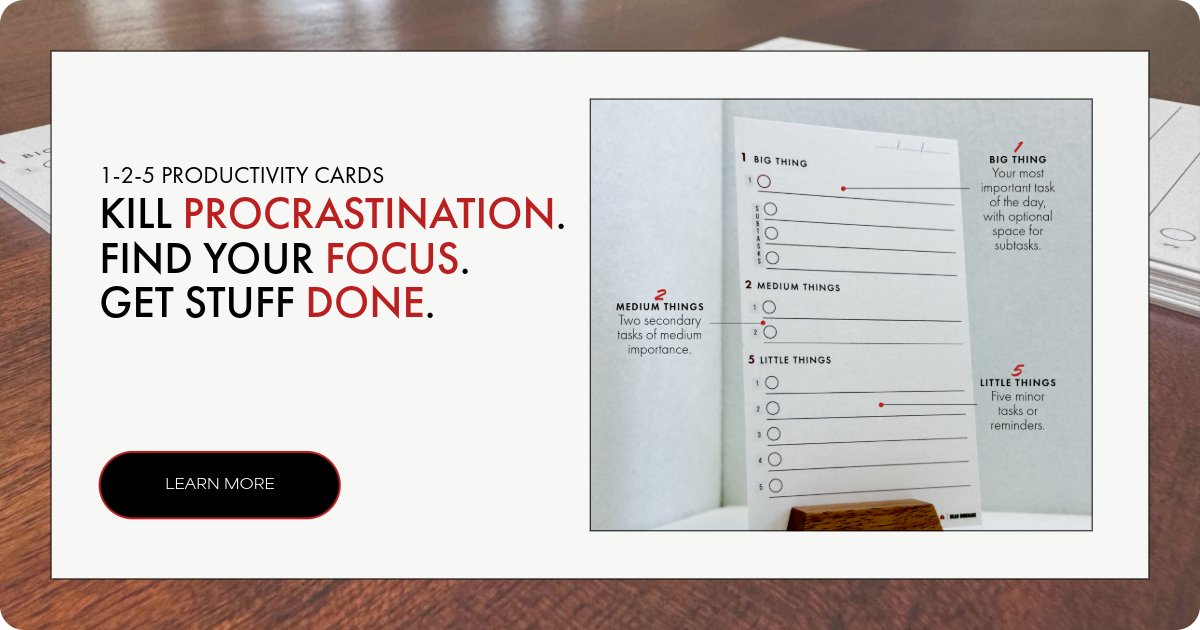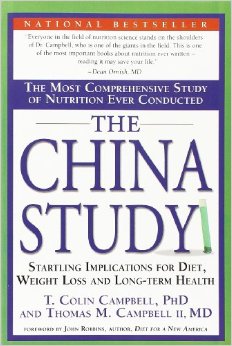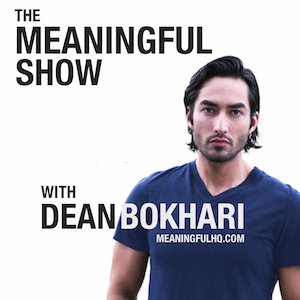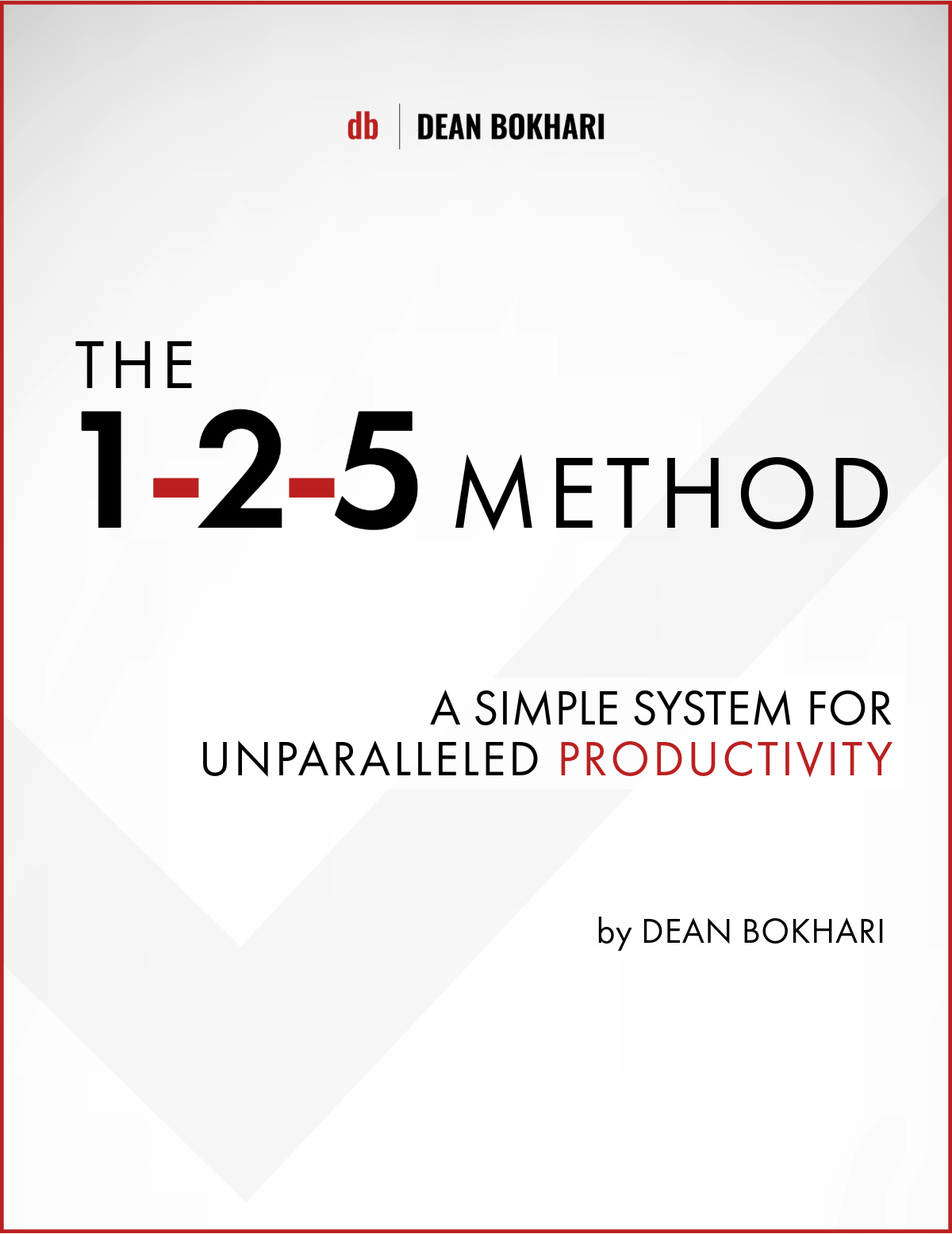Protein Powder, The China Study, and Turning Cancer Off
Today I’m super-excited to introduce a new content line-up to the mix—and we’ll be calling it the FlashClass — Big ideas from popular books, condensed into actionable audio lessons, about 5-minutes in length.
Each FlashClass is …
- designed to help you get more knowledge in less time
- focuses on a single big idea from a popular business or self-help book from the getflashnotes.com library
- made to make hard-to-grasp ideas easy and actionable
FlashClass: Animal Protein vs. Vegetable Protein
- Book: The China Study by T. Colin Campbell
- Category: Health
Today’s FlashClass is inspired by The China Study, and it’s all about protein consumption…
In case you’ve never heard about the book, The China Study is the largest epidemiological study ever conducted. In a nutshell: 650,000 researchers catalogued and analyzed the death rates for 880 million Chinese citizens—96% of China’s population. Dr. Colin Campbell then, took the findings from the study, and wrote this book so that people everywhere could benefit from the findings… Especially those of us in the western world, who are amongst the un-healthiest people on the planet.
Back to the protein…
Usually when people talk about protein, they’re talking about whether you’re getting enough of it.
But in this book, the authors talk about whether you’re getting the right kind of it.
Here’s why that’s so important…
In a chapter called "Turning Cancer Off,” they tell us that the #1 variable in turning cancer on or off is protein consumption (say what!?)
And after looking at the research, they concluded:
"Dietary protein proved to be so powerful in its effect that we could turn on and turn off cancer growth simply by changing the level consumed.”
BUT, here’s where it gets interesting—there’s one specific type of protein that did NOT promote cancer growth at all, regardless of how much of it was consumed: plant protein.
“plant protein did not promote cancer growth, even at the higher levels of intake.”
“What protein consistently and strongly promoted cancer? Casein, which makes up 87% of cow’s milk protein, promoted all stages of the cancer process. What type of protein did not promote cancer, even at high levels of intake? The safe proteins were from plants, including wheat and soy”
Bottom line? Animal protein promotes cancer growth. But plant protein doesn’t.
Now, I don’t think I’ll ever go vegetarian, but after I learned about this, I literally threw away my jug of regular protein powder (which was animal based, like most), and bought a quality plant-based protein powder instead.
I also decided to go meat-less 3 days per week.
Actionable insight
Your actionable insight from this big idea is simple. Ask yourself: are you getting more animal-based proteins, or plant-based proteins? Adjust your diet accordingly.
If you’re an active gym goer, definitely swap out your animal-based protein powder for a good quality plant-based protein powder.
LIVE LIKE YOU GIVE A DAMN,
Dean Bokhari
- If you find the podcast helpful, please rate + review it on Apple Podcasts »
- Got a Self-Improvement question you'd like me to cover? Submit it here »
"Dean Bokhari's Meaningful Show is the Self-Improvement Podcast I've been
waiting for. It's actionable, inspiring, and BS-Free." —Brett Silo
✨ New Series: How to Become an Early Riser
- Discover key methods to make early rising a habit
- How to wake up early + energized every morning
- Morning routines for health + success
Free self-development courses
👇
Tap on any of the courses below to start learning how to:
- boost your productivity (with GTD),
- get focused (with Deep Work),
- or learn the art of influencing others (with the How to Win Friends & Influence People course.)
All for free.
👇
Free life guides
👇
Best-selling Self-development courses by Dean Bokhari
Kill procrastination.
|
Get stuff done.
|
Get motivated.
|
Connect with anyone.
|
freshly pressed:
Top Audiobooks narrated by Dean Bokhari on audible | |
Book summaries
- The Power of Habit by Charles Duhigg
- 12 Rules for Life by Jordan B. Peterson
- Presence by Amy Cuddy
- Leaders Eat Last by Simon Sinek
- The ONE Thing by Gary Keller, Jay Pasan
- Deep Work by Cal Newport







































